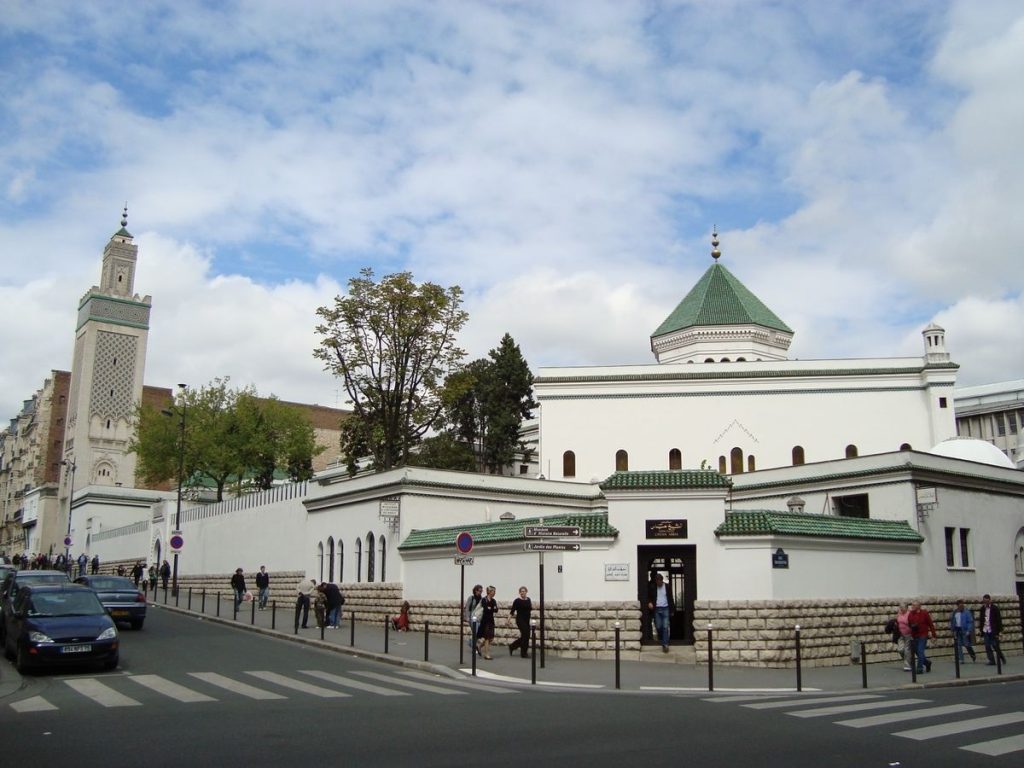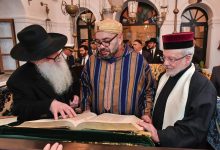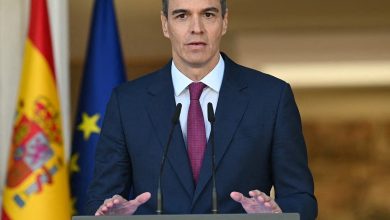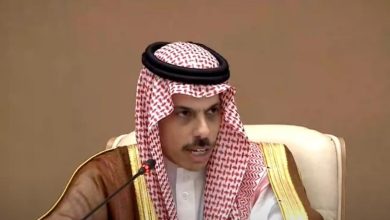King Mohammed VI’s €1 Million Donation to Metz Grand Mosque Sparks Debate
Controversy Arises Over Foreign Influence and Domestic Priorities Following Moroccan King's Contribution.
Watan-The donation of one million euros by King Mohammed VI of Morocco for the construction of the Grand Mosque in Metz, France, has sparked widespread debate in both France and Morocco. The Union of Secular Families in the Moselle region revealed details indicating that the donation was made in 2023, raising questions about transparency and political influence in the project.
Opponents of the donation express concerns about Morocco’s role in directing mosque projects in France. They argue that the mosque was presented as an example of the local Muslim community’s financial independence, but Moroccan funding casts doubt on potential external interference.
On the other hand, supporters defend the donation, noting that it is not the first time the Moroccan king has made similar contributions. He previously donated one million euros for the reconstruction of Notre-Dame Cathedral in Paris in 2019, underscoring his policy of supporting religious and cultural projects in France.

In Morocco, the royal donation has caused widespread discontent, with many questioning spending priorities at a time when millions of citizens face poverty and unemployment. Approximately 1.5 million people in Morocco are considered poor, while 5 million Moroccans live in precarious social conditions.
This anger comes amid internal calls to direct funds toward improving living conditions in the country, especially after the devastating earthquake that struck Morocco in 2023, displacing thousands of families who still sleep on the ground and in tents without adequate support.
The Grand Mosque in Metz is expected to cost 15.7 million euros, with construction scheduled to be completed by the end of 2025. As the debate over the project’s funding continues, the question remains: Will this donation affect relations between Morocco and France, or is it merely part of Morocco’s strategy to support religious projects abroad?





